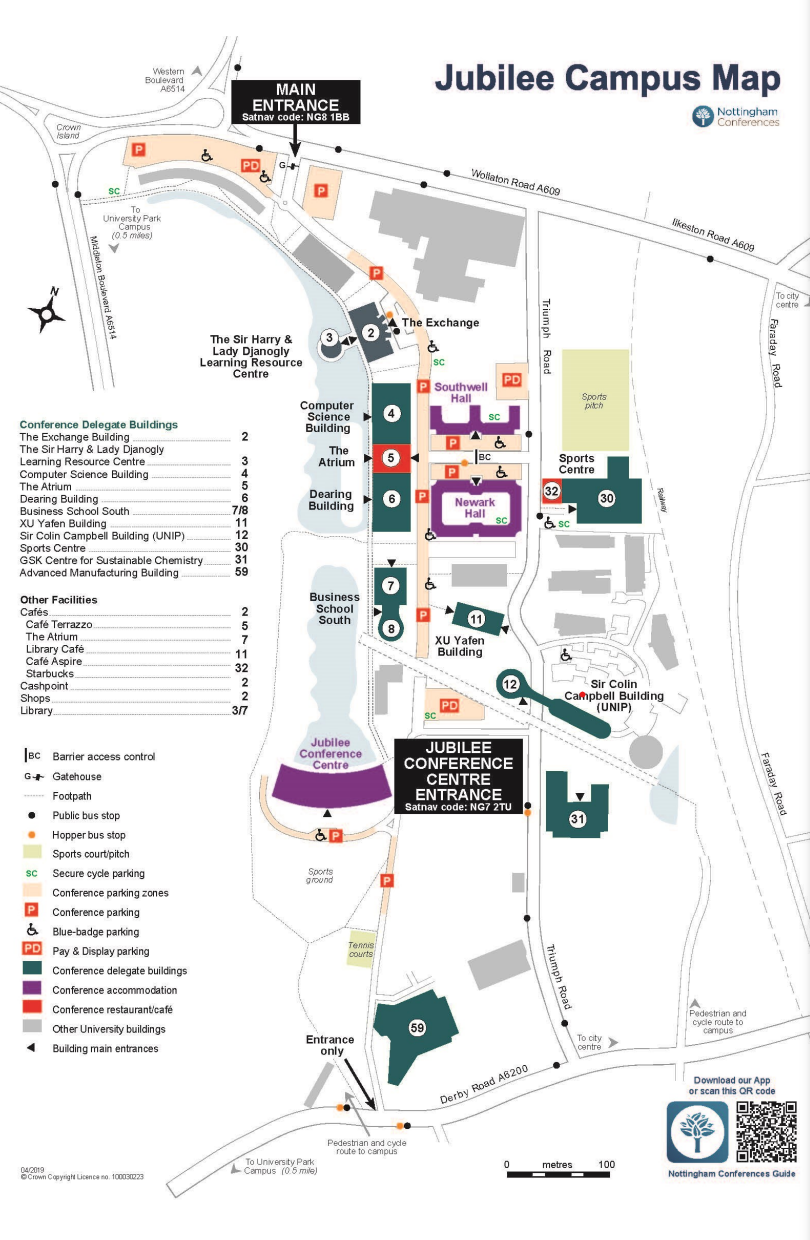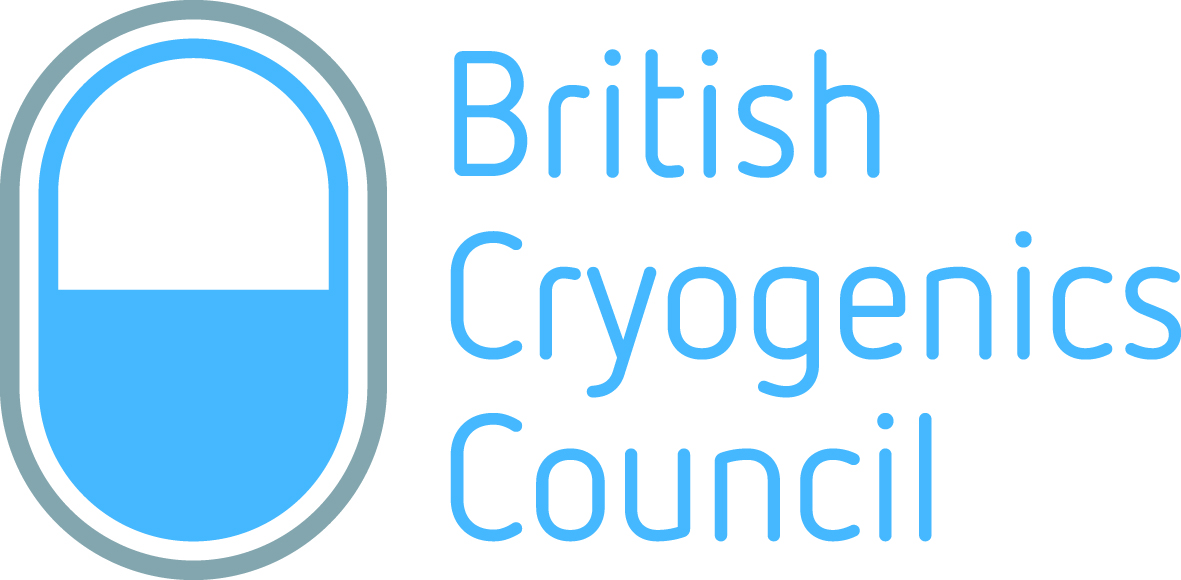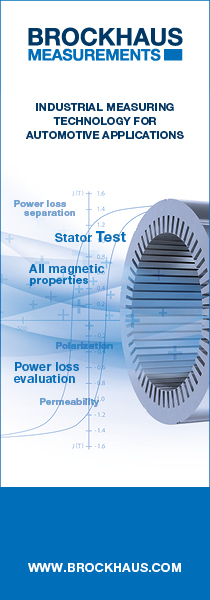Updated 23.9.24
Electrification, whether full or hybrid, is essential for zero-carbon future transportation. However, current electric propulsion systems are too heavy and inefficient. Conventional cooling with air, water, and oil is limited by heat transfer properties. For hydrogen-powered aircraft, combining electric and cryogenic fuel systems offers potential. Liquid hydrogen (~20K) can reduce resistive losses and improve efficiency, but challenges remain in material behaviour, thermodynamics, and system design.
This seminar will explore cryogenic coolant applications in electric propulsion systems, focusing on conventional windings (copper or aluminium, non-superconducting). Topics will include the liquid hydrogen supply chain, the cryogenic behaviour of electric propulsion components and the design of cryogenically cooled electrical propulsion system. The latest developments in cryogenically cooled electrical machines such as cryogenic pumps will also be discussed.
VENUE
Raleigh Room, The Jubilee Hotel and Conferences
Triumph Road
Nottingham NG8 1DH
TOUR
REGISTRATION FOR THE TOUR HAS ENDED – IF YOU REGISTER NOW YOU WILL NOT BE ABLE TO GO ON THE TOUR.
DRAFT PROGRAMME
The event will run from 09:00-17:00 (UK time) and will include talks and a tour.
TRAVEL
By Car
Use the postcode to NG8 1BB which will take you to the main entrance. On arrival, you will need to find somewhere to park. Please view parking instructions and map below.
By Train
The venue is approximately 4 miles away from Nottingham train station and only 2 miles from Beeston train station. Nottingham’s tram system is accessible from both stations, which will take you directly to the university park campus.
By Plane
You can fly into East Midlands Airport via the M1, which is just 12 miles away
PARKING
There is a pay and display car park available close to the Conference centre. Please view campus map below to find the closest car park.
ACCOMMODATION
There is accommodation on site at the University of Nottingham Campus. These are:
The Jubilee Hotel and Conferences
1 Triumph Road, Lenton,, Nottingham, Nottinghamshire NG8 1DH, United Kingdom
The Orchard Hotel
University Park 1, The University of Nottingham, Nottingham, Nottinghamshire NG7 2RJ, United Kingdom
Room availability can be seen on their website here. There are no rooms on hold for this event, nor a special rate so please book directly as you would normally.
DIETARY REQUIREMENTS
Please let us know as soon as possible if you have any dietary requirements we need to be aware of.
DRESS CODE
The dress code for the event is business attire / smart casual
CONTINUING CONTACT / GDPR
Please note, by providing contact details during registration, you authorise us to
- use these contact details to let you know details of this event, and
- add your contact details to our contact database to let you know about future events that may be of interest.
Please let us know at enquiries@ukmagsoc.org at any time if you do not wish to be contacted in this way. Also, we can remove you from our contact schedule at any point in the future.
We will also be taking photos at the event. If you do not wish to have your photo taken during the event, please contact events@ukmagsoc.org
PHOTOGRAPHY
We will also be taking photos at the event. If you do not wish to have your photo taken during the event, please contact events@ukmagsoc.org
Supported by






